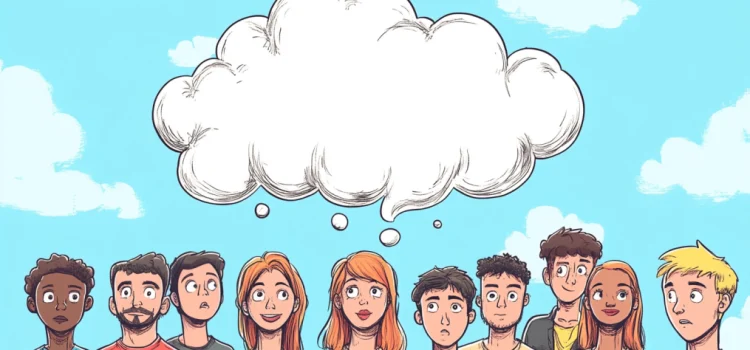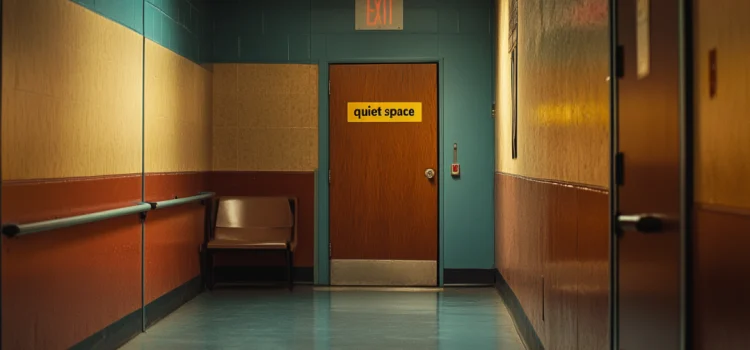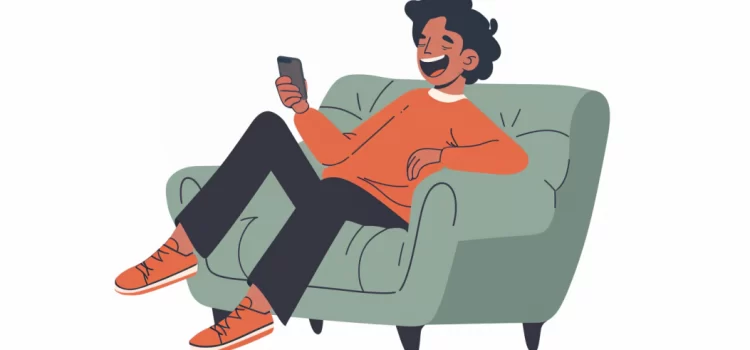Are you concerned about the state of democracy in your country? Do you wonder how to protect democracy in an increasingly polarized world? Shortform’s Master Guide to Threats to Democracy explores practical solutions to safeguard democratic institutions. We’ll examine several approaches that aim to strengthen democracy and foster a more inclusive political landscape. Read on to discover how you can play a role in protecting and revitalizing democracy in your community and beyond.
How to Protect Democracy: 3 Strategies to Stave Off Threats










